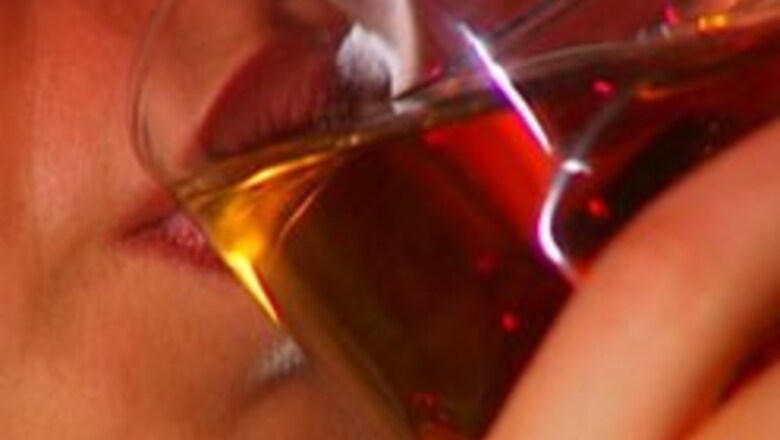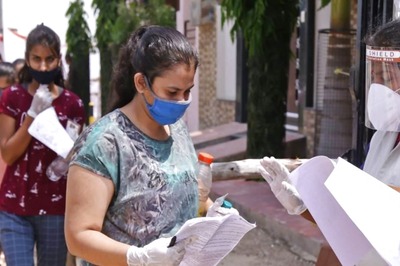
views
London: Even the most cautious wine drinkers wake up with what one can call post-Christmas hangovers. But a new invention by a South African company provides a magical cure to the headache, nausea and shaking associated with excessive drinking.
What’s more, the technology improves the taste of the drink in the process.
Headaches after drinking wine are usually caused by sulphites – sulphur dioxide added to the bottle to kill off unwanted microbes and yeasts and limit oxidation.
Now, a new machine by L’Ormarins, near Stellenbosch in the Western Cape wineland, work towards reducing greatly the volume of sulphites by using ultraviolet rays to do the job.
Called Surepure, the technology is being tested by a many South African wine estates including Steenberg, Alluvia Stellar Organics, Clarius, Bouchard Finlayson and L’Ormarins, as well as winemakers in California, Chile, New Zealand and Australia.
According to cellar master at L’Ormarins Neil Patterson, a wine that is almost free of sulphites cannot come too soon.
Patterson has a sulphur intolerance, causing blotchiness around his eyes, and was looking for a solution before hearing about Surepure.
“I’m lucky that I work for someone who is keen to embrace new technology. The use of sulphites in wine is a problem. It does control microbacterial activity and prevents oxidation but it also kills non-harmful elements which can add to the taste and flavour of a wine,” Times Online quoted Patterson, 28, as saying.
CEO of Surepure Guy Kebble said, “We think this will change the way wine is made. It is a conservative industry but people’s attitudes to sulphites and demands for a healthier diet and lifestyle are making winemakers look at alternatives.”
Roughly the size of two fridge-freezers, the new machine, has wine piped in and out through two pipes, while the passing liquid is exposed to UV-ray lamps.
This way, Surepure can process 4,000 litres in an hour and the process can be repeated as many times as the winemaker wants.
“Using this technology we can cut down the need for sulphites and improve the quality of our wine,” Patterson said.

















Comments
0 comment